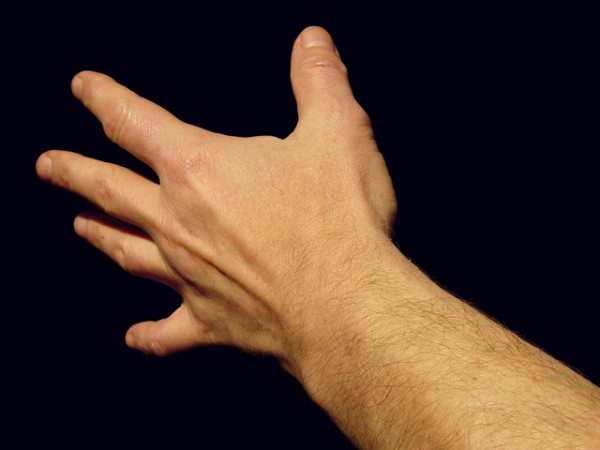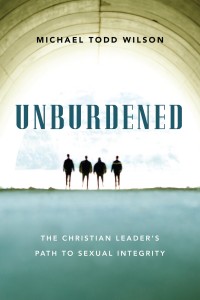
“Do not be afraid, Daniel. Since the first day that you set your mind to gain understanding and to humble yourself before your God, your words were heard, and I have come in response to them. But the prince of the Persian kingdom resisted me twenty-one days. Then Michael, one of the chief princes, came to help me, because I was detained there with the king of Persia. Now I have come…” – Daniel 10:12-14a, NIV
“But it’s almost midnight and I know that none of my accountability buddies are going to be awake. What good is it if I’m not going to get a call back in the moment that I’m really struggling most?”
Good question. I’ve heard similar questions from many of my clients over the years. But for those with solid accountability in place, the answer is that we’re never alone.
Let’s say your closest friend reached out to you at a time you weren’t able to talk directly, so they left you a voicemail, email or text. Would you ignore it simply because you couldn’t get to them at the precise time they sent it?
Of course not. If you honestly care about that person, you’re going to get back with them at your earliest opportunity. Of course, our reality is that most of us live busy lives that include work, marriage, kids and various other obligations. An inability to be available at the exact point of need isn’t a reflection about a lack of importance but rather of competing values, all of which matter to us.
Sure, maybe our accountability buddy doesn’t get back to us for 24 hours. But consider an alternate paradigm for a moment. At what point in time is reaching out to a faithful accountability partner actually effective? Is it really only at the time when that person returns our call or text, or might it be at that moment we first reach out for help?
Since it’s virtually guaranteed that a close buddy will eventually respond to us, I would argue there’s effective power present at the precise time we reach out to ask for help. I understand it won’t feel that way in the moment. But if we choose to live by faith, we’ll be reminded that we’re never alone from those who are on the recovery journey with us. And we’re certainly never alone from our Heavenly Father, who we’re told never sleeps and constantly offers to us His strength in our weakness.
What if we were to adjust our perspective accordingly? What if we said, “Now that I’ve reached out to him, my buddy knows I need help. He may not call me back for a while, but I know he’s going to call because he cares about me.” Doesn’t this perspective, if we really believe it, help us feel the truth that we’re really not alone, that somebody really is in the midst of the struggle and temptation with us?
For Daniel, he wasn’t able to see God’s response to his request for help for 21 days. But Scripture is clear that God responded on the very day he started praying. God was there with him from day one. What if our prayers reflected this truth about God’s commitment to us? What if our recovery reflected a similar perspective about the commitment of our closest recovery relationships?
Yes, it’s a paradigm shift. But I argue it’s a shift away from Satan’s lies and towards the truth of the relational commitment we have from God and from our most authentic recovery relationships, both of whom care for us more than we often times give them credit.

